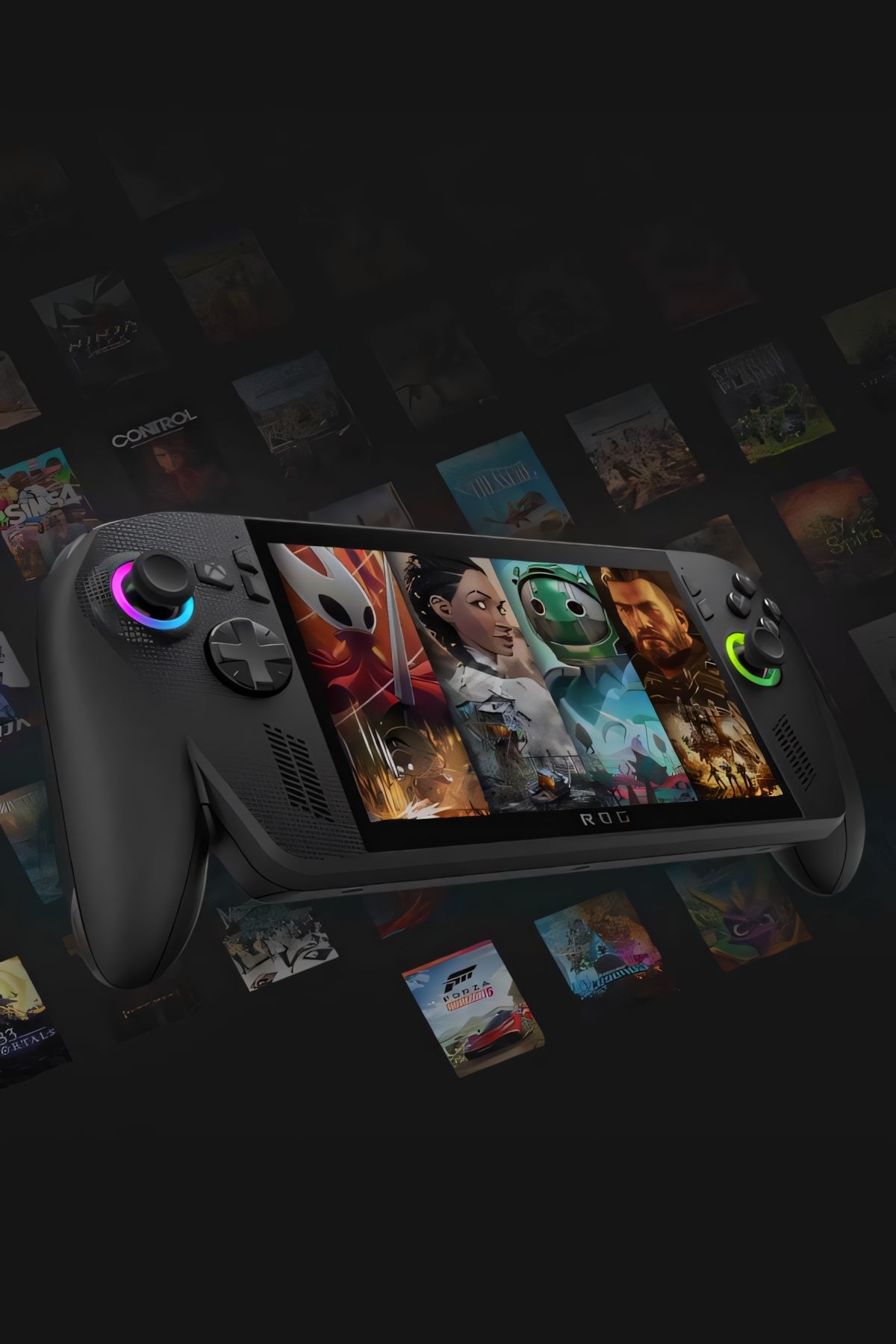
Concerns from Co-founder of Xbox Team on Future of Console Strategy
A founding member of the original Xbox project has raised alarms over Microsoft’s direction in the gaming hardware market.
A founding member of the original Xbox project has voiced concerns that Microsoft is effectively abandoning its console hardware business. This platform skepticism was articulated alongside some reservations about the long-term viability of the current Xbox content strategy.
Faced with weak hardware sales and after spending billions on developer acquisitions, Microsoft officially started shifting toward multi-platform game publishing in February 2024, when it ported Obsidian’s Pentiment to the latest two PlayStation consoles and the Nintendo Switch. Hi-Fi Rush, Grounded, and Sea of Thieves went multi-platform over the next couple of months, while Forza Horizon 5 and Indiana Jones and the Great Circle followed suit a year later. In June 2025, Microsoft announced two third-party Xbox devices: the Asus ROG Xbox Ally X and the Meta Quest 3S Xbox Edition, further indicating a diminishing focus on its in-house gaming hardware.
This strategic pivot has recently attracted scrutiny from Laura Fryer, a founding member of the Xbox project and former director of the Xbox Advanced Technology Group. In a June 28 video posted to her YouTube channel (via TheGamer), Fryer expressed that “it’s much easier to slap an Xbox sticker on an existing piece of hardware”—like the recently announced Asus ROG Xbox Ally X—“and call it a day” instead of trying to create something in-house.
Fryer Thinks ‘Xbox Hardware Is Dead’
“I think Xbox hardware is dead,” Fryer stated in her latest commentary, pointing out that Microsoft seems to be shifting fully toward Xbox Game Pass. Notably, she mentioned that Microsoft just announced the first-ever $80 Xbox game—The Outer Worlds 2—as concrete evidence that the group is pushing everyone towards its subscription service instead of selling titles outright.
Fryer Questions Xbox’s Long-Term Relevance
Fryer acknowledged that Microsoft has a vast IP library and could potentially make this strategy successful, but raised concerns about its viability beyond the immediate future. “What is the long-term plan, where are the new hits, what will make people care about the Xbox 25 years from now?” she rhetorically asked.
While Fryer’s perspective about the end of first-party Xbox hardware may yet be proven right, rumors suggest that Microsoft is still working on at least one more in-house console. According to recent insider reports, the upcoming Xbox will effectively be a PC in a TV-friendly shell, expected to launch between late 2027 and 2028, coinciding with the PS6 release. Meanwhile, the handheld console that Microsoft Gaming CEO Phil Spencer previously confirmed is believed to be shelved as the company pivots towards portable gaming OEM partnerships.
